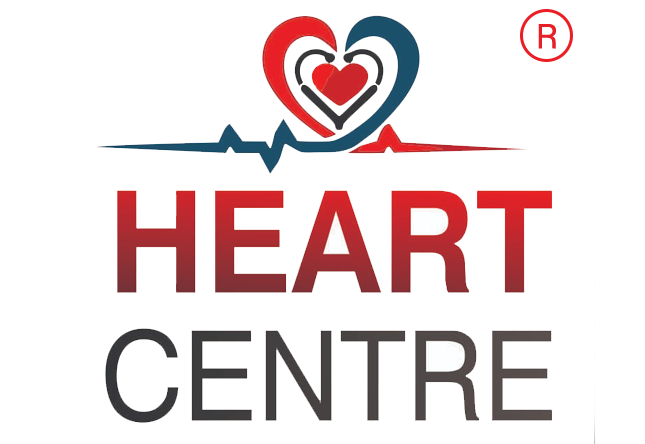Author Dr. PG Sarkar
Interventional cardiology is a rapidly evolving field that uses minimally invasive techniques to diagnose and treat heart problems. Over the past few decades, advances in technology and techniques have revolutionized the way interventional cardiologists approach heart problems, leading to better outcomes and improved quality of life for patients. In this blog, we will take a closer look at the frontiers of interventional cardiology and the latest advances in this field.
- Transcatheter Aortic Valve Replacement (TAVR): TAVR is a minimally invasive procedure that replaces a damaged aortic valve with a new artificial valve. This procedure eliminates the need for open-heart surgery and is an alternative for patients who are not suitable candidates for traditional surgery.
- Left Atrial Appendage Closure (LAAC): LAAC is a minimally invasive procedure that closes the left atrial appendage, a small pouch in the heart that can be a source of blood clots. This procedure is an alternative to blood thinners for reducing the risk of stroke in patients with atrial fibrillation.
- Chronic Total Occlusion (CTO) Revascularization: CTO revascularization is a technique that uses minimally invasive techniques to restore blood flow to the heart in patients with chronic total occlusions, or complete blockages in the heart vessels. This procedure can improve symptoms, reduce the risk of heart attack, and improve quality of life for patients.
- Hybrid Coronary Revascularization: Hybrid coronary revascularization is a combination of traditional coronary bypass surgery and minimally invasive techniques, such as angioplasty, to restore blood flow to the heart. This procedure is an alternative for patients with complex heart problems that cannot be treated with minimally invasive techniques alone.
- Atherectomy: Atherectomy is a minimally invasive procedure that uses a rotating catheter to remove plaque and other debris from the heart vessels. This procedure can improve blood flow, reduce symptoms, and reduce the risk of heart attack.
- Drug-Eluting Stents: Drug-eluting stents are stents that are coated with a special medication that helps prevent restenosis, or the re-narrowing of the heart vessels after angioplasty. These stents have improved outcomes for patients and have reduced the need for repeat procedures.
In conclusion, interventional cardiology is a rapidly evolving field that is making tremendous progress in the diagnosis and treatment of heart problems. With the latest advances in technology and techniques, interventional cardiology is providing patients with minimally invasive, highly effective treatments that can improve their quality of life and reduce their risk of heart problems. If you or a loved one are experiencing heart problems, talk to your doctor about the latest advances in interventional cardiology and the best treatment options for you.




